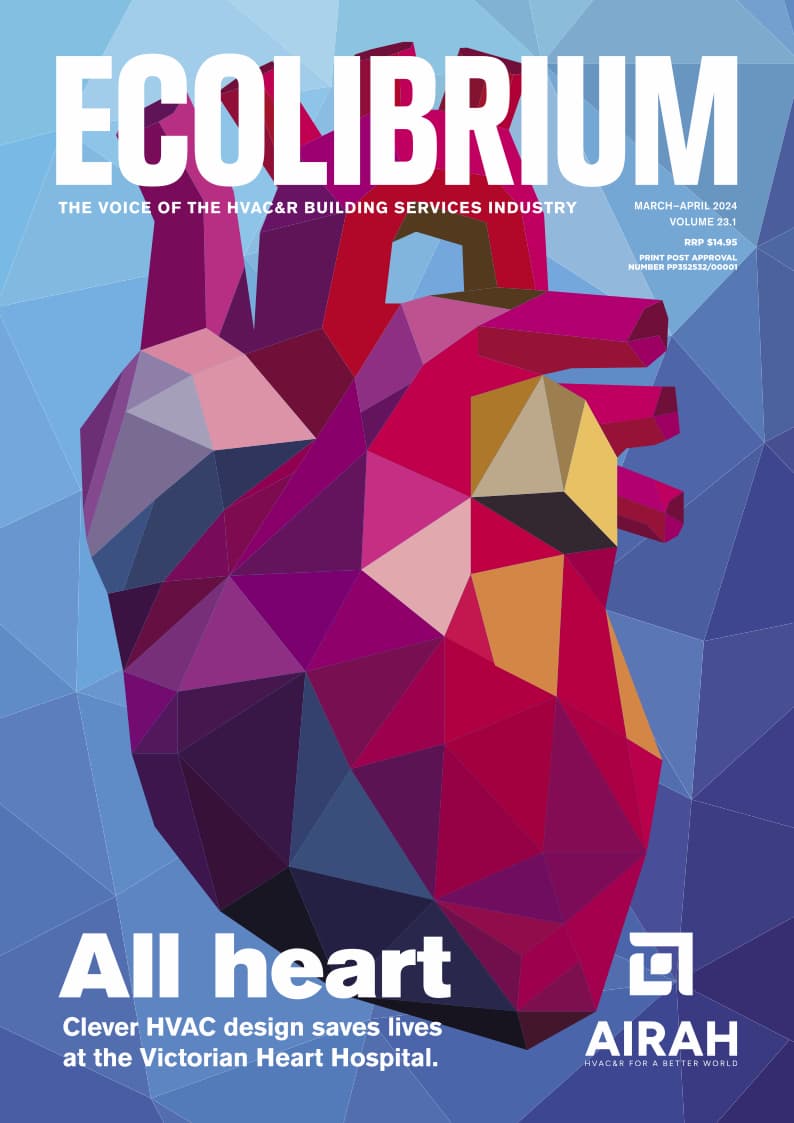The importance of well-defined company values cannot be overstated in the fast-paced world of HVAC&R engineering. Company values go beyond mere words on a page; they serve as the guiding principles that shape the culture and success of a firm. We have seen large consulting firms collapse because they strayed from their values.
Understanding and embodying a clear set of values are essential for creating a positive work environment, enhancing decision-making, and fostering a cohesive team.
Why you need company values
1. Guiding principles for success
Established company values function as a moral compass. They provide a clear direction for employees to navigate their journey within the organisation while striving to achieve the company’s mission, vision and strategic objectives. The values define the fundamental principles that the company holds dear and influence decision-making, motivation, relationships and overall well-being.
2. Impact on performance
The influence of values extends to the very core of the business, affecting leadership styles, attracting the talent and retaining employees. When a company consistently lives up to its stated values, it cultivates a workplace where employees are motivated, engaged and aligned with the organisation’s goals, ultimately enhancing business performance.
3. Values in action
Values are not just statements; they should be reflected in everyday actions. It is crucial that both senior management and all employees consistently exhibit behaviours aligned with the company’s values. For instance, if environmental responsibility is a stated value, the organisation should actively engage in eco-friendly practices, signalling a commitment to those values.
4. Alignment with employees’ values
Select employees based on their values. Research by Paul Ingram and Yoonjin Choi* emphasises the numerous benefits of aligning the organisation’s values with those of its employees. Among them are higher job satisfaction, lower staff turnover, better teamwork, more effective communication, increased contributions to the organisation, and perhaps surprisingly, enhanced diversity, equity and inclusion.
5. Financial Implications
The Ingram and Yoonjin study also revealed that when the values of chief operating officers (COOs) align poorly with the company’s values, retaining them required a 40 per cent salary increase. This underscores the fiscal impact of misaligned values and reinforces the message that recruiting individuals with the right values from the outset is paramount.
Crafting clear and memorable values
1. Short and clear
Values should be succinct and easy to remember. A summary word accompanied by a concise definition specific to the organisation helps maintain clarity. For example:
- Customers: Serving the needs of our customers is our top priority.
- Family: We’re a family that supports each other.
- Innovation: We always look for better ways of doing things.
- Trust: We keep our promises.
- Openness: We tell the truth even when it is not good news.
- Compassion: We respect the emotions of others, demonstrate kindness and provide support.
2. Not too many values
Normally between three to six values suffice. Too many values become difficult to remember, although some firms find a way of using their opening letters to create an overall word. For example: FIT made out of the values: Family, Innovation and Trust.
3. Board dynamics
If your firm has a board, clearly expressed values are critical in many board operations. These values act as a foundation for shared understanding, decision making, and fostering a cohesive and aligned leadership team.
Embracing and living by company values is not just a matter of rhetoric; it directly impacts the success, culture and sustainability of your business. Do you live your firm’s values?
Paul Ingram and Yoonjin Choi. “What does your company really stand for?” Harvard Business Review, Nov-Dec 2022. Available at https://hbr.org/2022/11/what-does-your-company-really-stand-for
Like to know more?
Professor Gayle Avery is the co-founder and director of the Institute for Sustainable Leadership.












